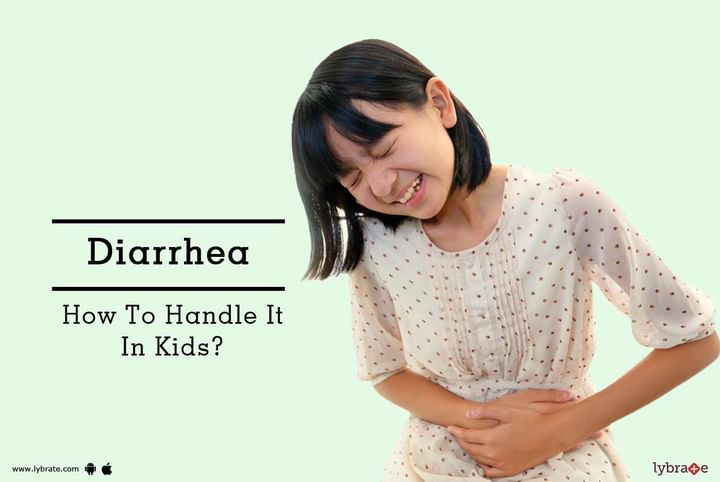Get the App
For Doctors
Login/Sign-up
Last Updated: Mar 31, 2021
BookMark
Report
Diarrhea - How To Handle It In Kids?
Dr. Lalit MittalPediatrician • 17 Years Exp.MBBS, DNB (Pediatrics), Certification Course In Sick Newborn Care, POST GRADUATE PROGRAMME IN PEDIATRIC NUTRITION, Trained in International programme in advanced nutrition , Training in Neuro developmental Pediatrics
Diarrhea is a disorder that affects people of all age groups. Medically speaking, Diarrhea is a mechanism that the body uses to eliminate germs from the body. Usually, this disorder lasts for a few days to a week. It is usually accompanied by nausea, fever and dehydration.
Children can be affected by diarrhea in a number of ways, some of them are:
- Infections: Various infections, such as the ones caused by rotavirus and salmonella bacteria can lead to diarrhea. Usually, diarrhea in children is caused by viruses; if it is viral in nature, then it can also cause stomach cramps, headache and vomiting. It also leads to loss of fluid from the body. Hence, the child's fluid intake should be compensated accordingly. Usually, oral rehydration solution that contains nutrient such as potassium and sodium are preferred.
- Medications: Intake of certain medications, such as antibiotics and laxatives can cause diarrhea in children. If the cause is due to antibiotic intake, then you should consult a doctor. The doctor may alter the dosage or ask to increase the child's water intake. Yoghurt may also help ease the symptoms of diarrhea if it is caused by antibiotics.
- Food poisoning: Diarrhea may also result from food poisoning; symptoms of this type usually disappear quickly. Along with loose and watery stools, the child may vomit frequently.
The major complication that results from diarrhea is dehydration. Severe dehydration may lead to severe brain damage and seizures. It may also cause symptoms of dry mouth, fatigue, dizziness and dark yellow urine.
Certain preventive measures are:
- Use your good judgment while eating outside. Do not consume food from places which use unhygienic modes of preparation.
- Make sure your child does not drink contaminated water and there is access to clean and filtered water all the time.
- Your child should be eating a balanced diet that primarily consists of vegetable and fruits. They also help in adding fiber to the diet that keeps your bowels healthy.



+1.svg)
